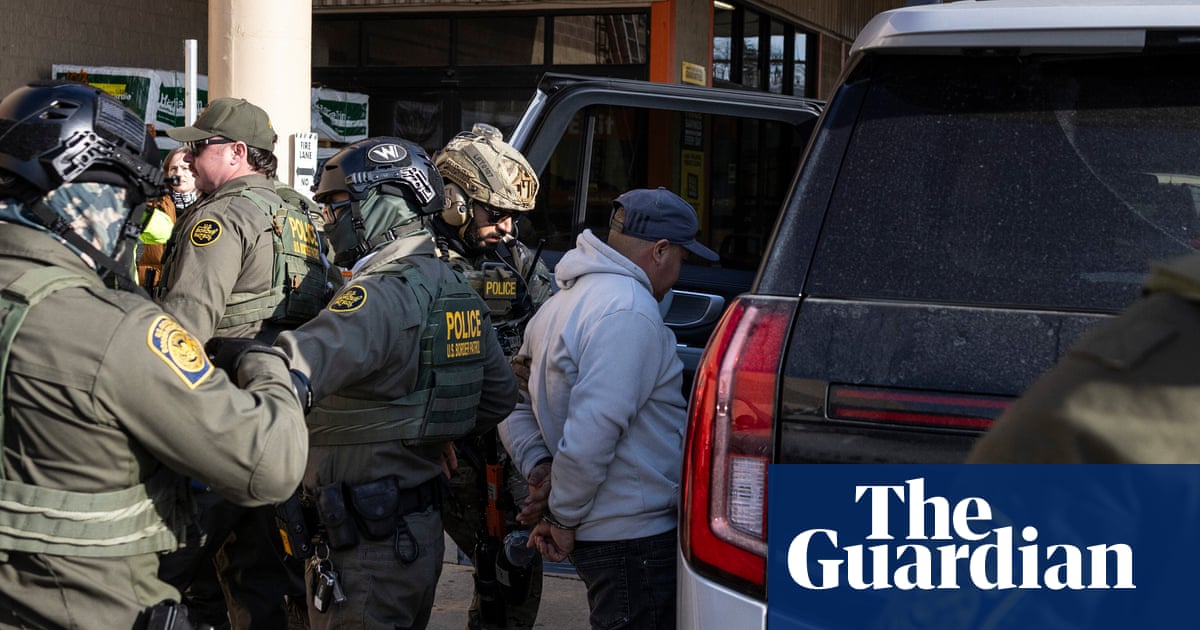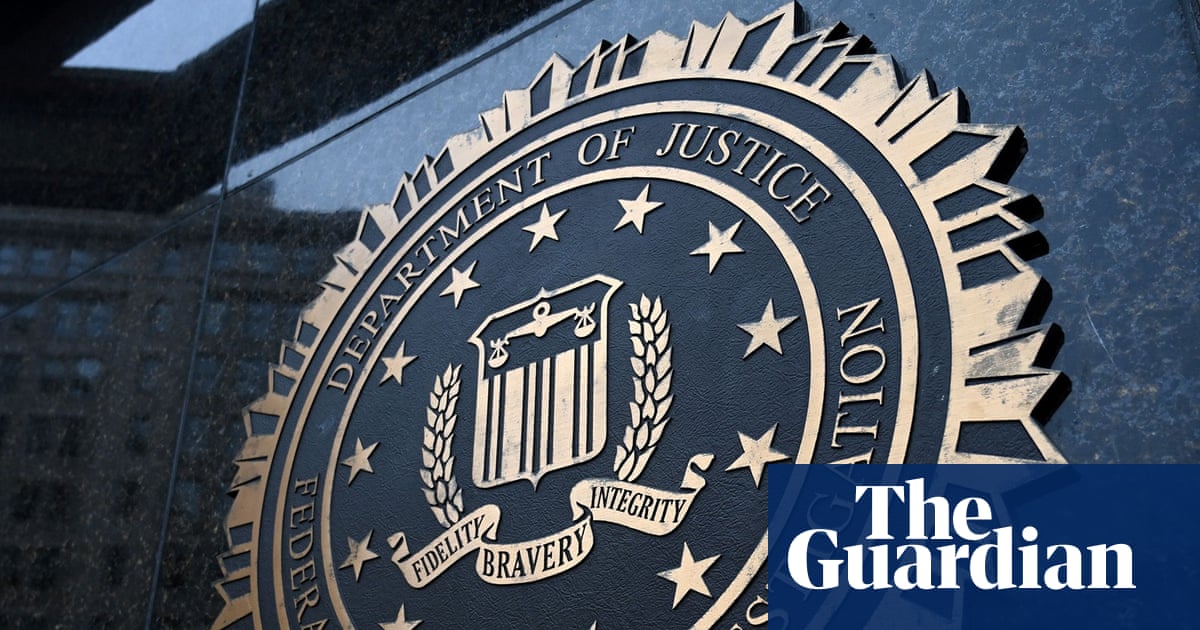The Northern Ireland secretary has said new measures aiming to deal with crimes committed during the Troubles will address the “unfinished business” of the peace agreement struck 27 years ago.
Hilary Benn said the “significant reforms” would replace the controversial Legacy Act 2023 brought in by the Conservative government, which he said had failed to confront the past, partly because it had been “rejected” by all five main political parties and victims’ families.
However, the plans have run into trouble immediately, with one unionist leader denouncing the Irish government’s involvement as “outrageous”.
Benn said “a perfect outcome is not obtainable” but that he hoped the measures would give answers to victims on both sides of the political divide, republican and loyalist.
“Dealing with the legacy of the Troubles is hard, and that is why it has been for so long, [it is] the unfinished business of the Good Friday agreement,” said Benn, adding that the government had “both an opportunity and a responsibility” to not “extend the pain to another generation”.
Ireland’s deputy prime minister, Simon Harris, described the measures as “a night and day improvement” on the Legacy Act, and said it would provide “maximum truth, justice and accountability” to victims.
The new mechanism is a joint framework between the British and Irish governments and will require legislation on both sides.
Although politically rejected in Northern Ireland, the Legacy Act was supported by veterans’ groups because it brought an end to inquests and the prosecutions of former soldiers and other agents of the state such as the police or secret service.
On Friday, Richard Dannatt, the former chief of general staff of the British army, said it would be “unacceptable that 30, 40, 50 years later, former soldiers in their 60s, 70s and possibly their 80s, are being taken back to events that happened in the 70s” when all they were doing was their duty to maintain law and order there.
Gavin Robinson, the leader of the Democrat Unionist party, which was among the parties that opposed the Legacy Act, said Ireland should not have equal say in the legislation.
He added: “Inviting them [the Irish government] in to have dual control of our legacy policy is egregious.”
The Sinn Féin president, Mary Lou McDonald, said the party would “take time to carefully consider” the proposals, adding that the confidence of families was critical to success.
The Social Democratic and Labour party leader, Claire Hanna, said she had some “serious concerns” but added that the measures marked progress.
Under the new pact, inquests that had started but were frozen by the Legacy Act will resume.
The current independent commission for reconciliation and information recovery (ICRIR) will be replaced with two new bodies – one dealing with investigations, and another dealing with information recovery. Public hearings, akin to public inquiries, involving families and witness will be facilitated and overseen by independent judges.
The ICRIR said more than 200 people “from all sections of society” had already come to the commission with 90 “live investigations” into more than 170 deaths.
Mark Thompson, the chief executive of the campaign group Relatives for Justice, told Radio 4 there were almost 400 killings by British soldiers against unarmed civilians that were never investigated.
Conditional immunity for soldiers or agents of the state and the ban on civil proceedings taken by victims will be lifted.
A legacy unit will be established by the Gardai in Ireland, and a €25m (£22m) fund set up to help witnesses deal with the legal process.
Benn said veterans who were giving information to the commission would be supported, protected and given the opportunity to provide evidence by video link, rather than being treated as they had been in the past, which included getting letters or calls out of the blue demanding they travel to Belfast to give evidence in inquests.
He said this support would be extended to former paramilitaries on both sides who put down their arms in 1998. However, normal court rules would apply in potential court cases.
Ireland considers the measures, which were hashed out over nine months, an important reset in relations between the two countries and a “return to partnership”, according to one diplomat.
“It has been a hell of a long time since a British and Irish government stood shoulder to shoulder in Northern Ireland on legacy. In fact, I think it was 2014 and that deal never got implemented, and that’s been too long,” Harris told reporters.
He said the 2023 act had moved the relations between the two countries backwards and the goal was now to move forward.

 3 months ago
71
3 months ago
71

















































